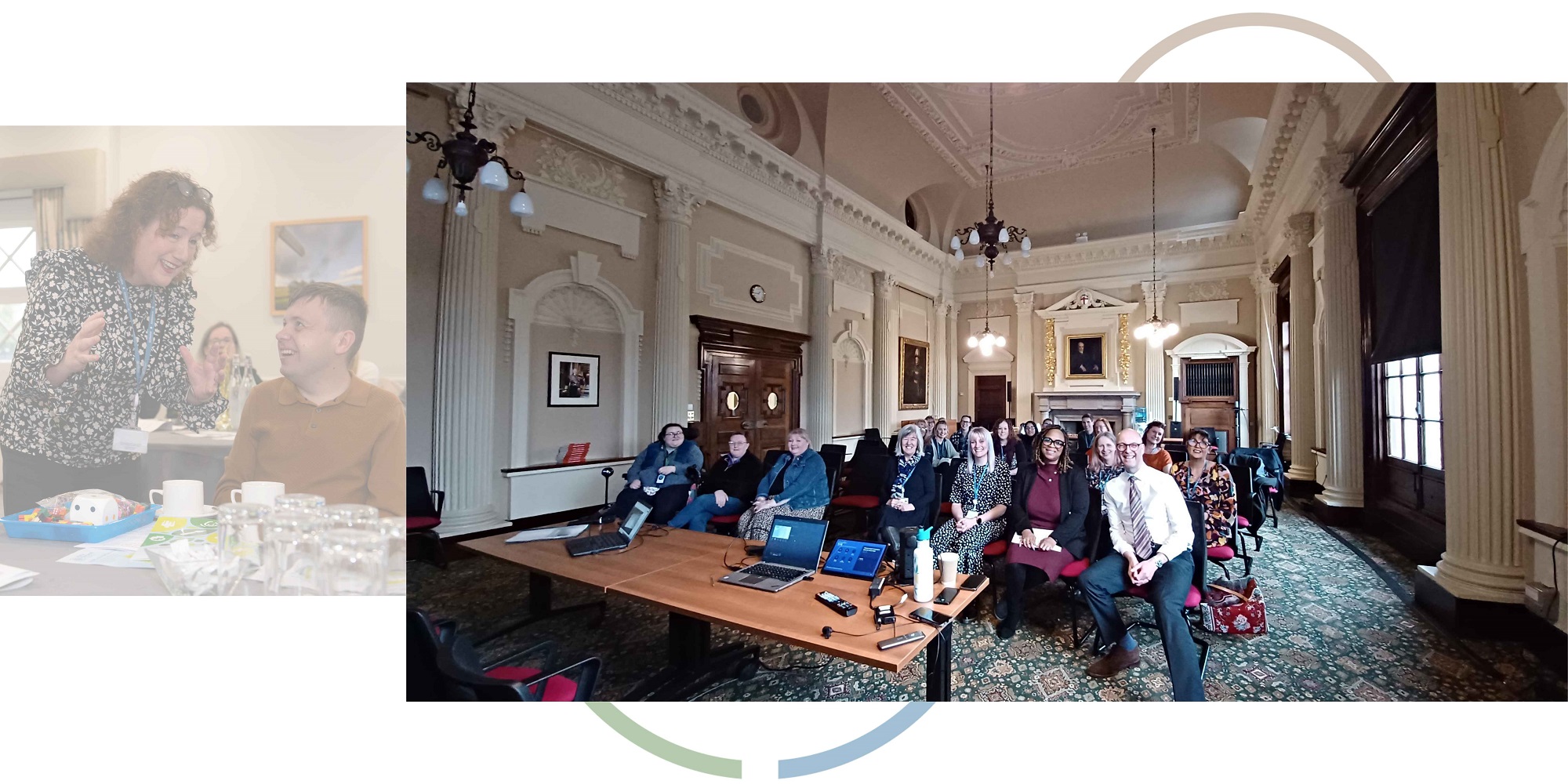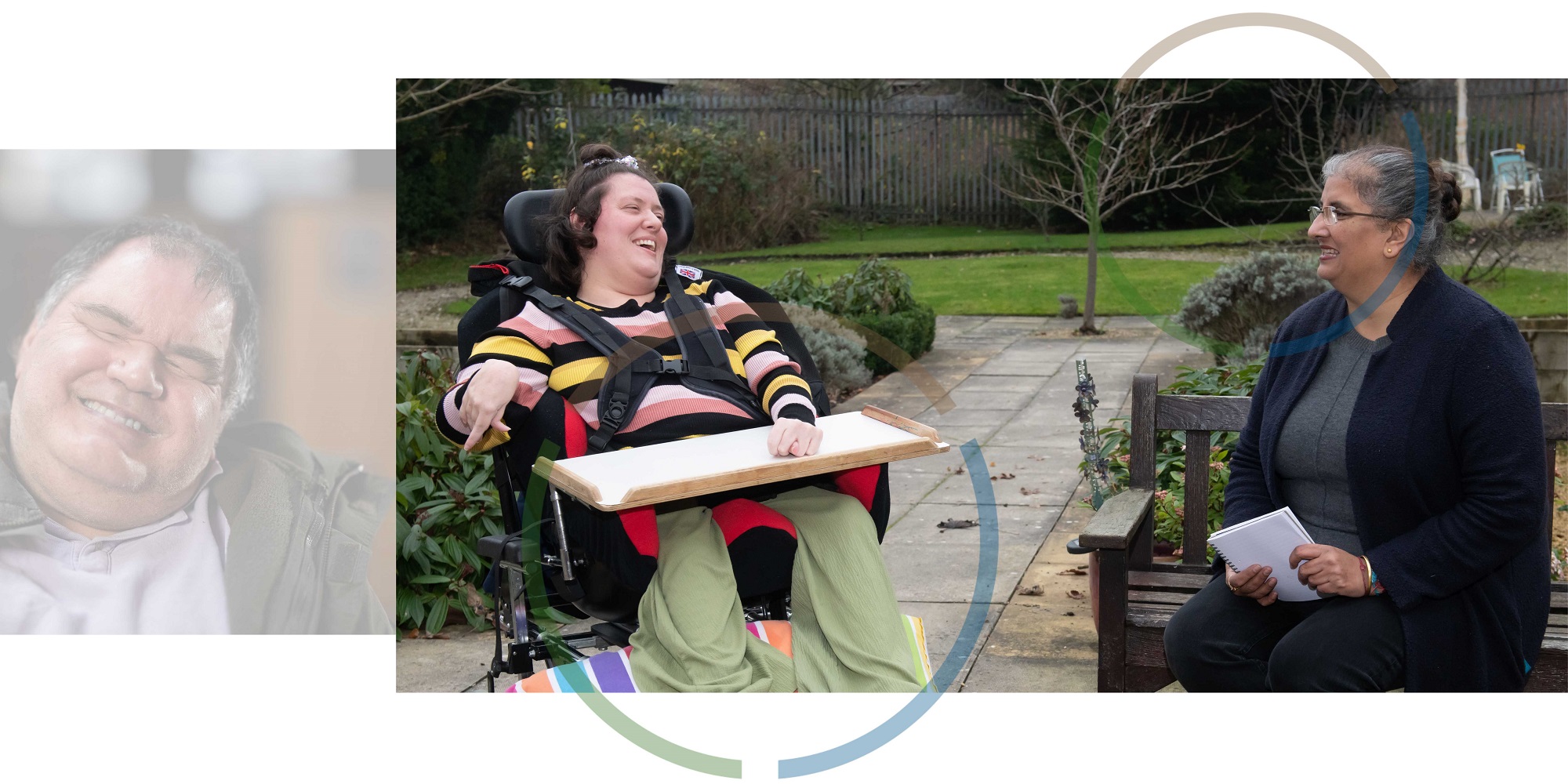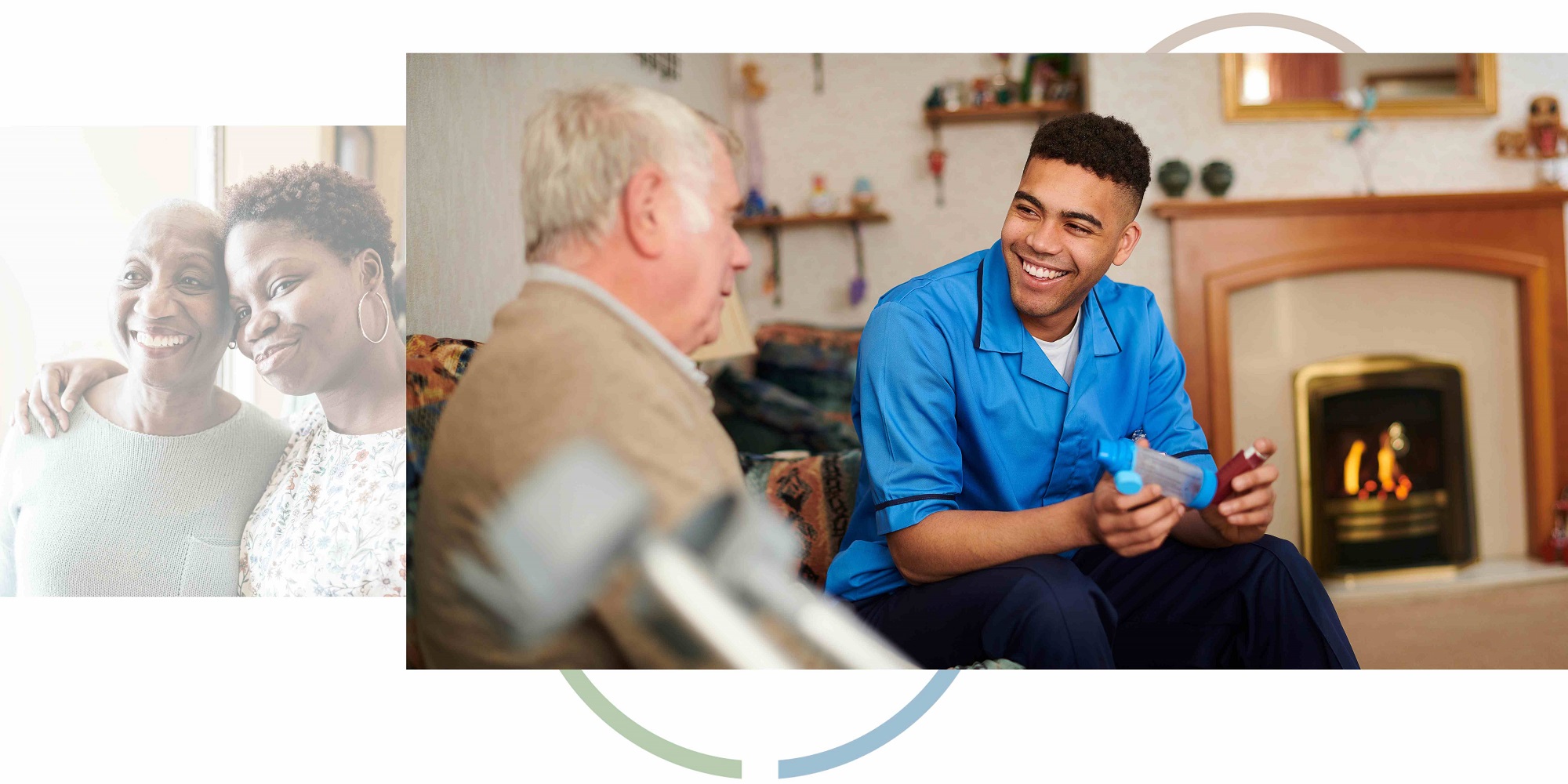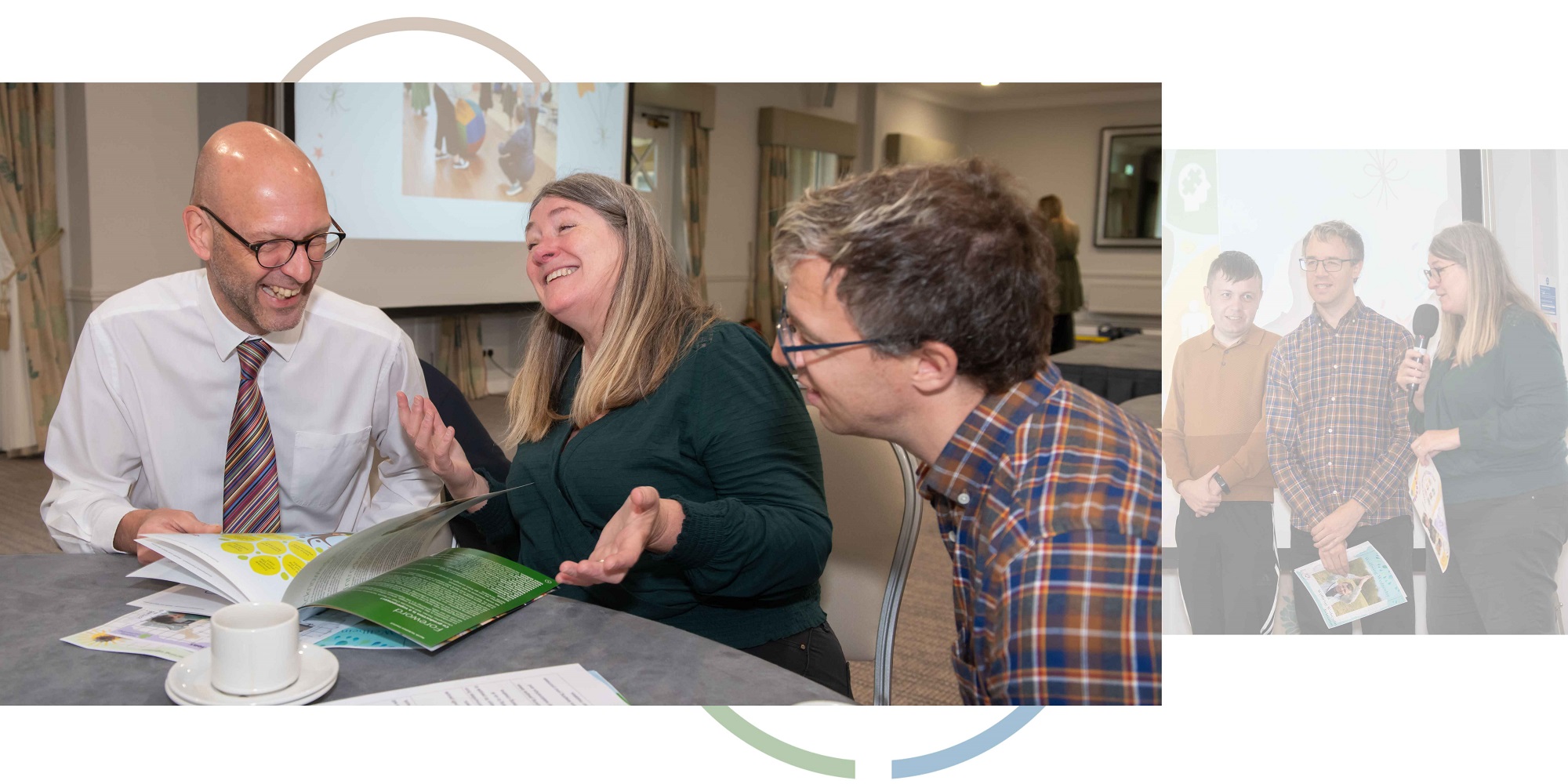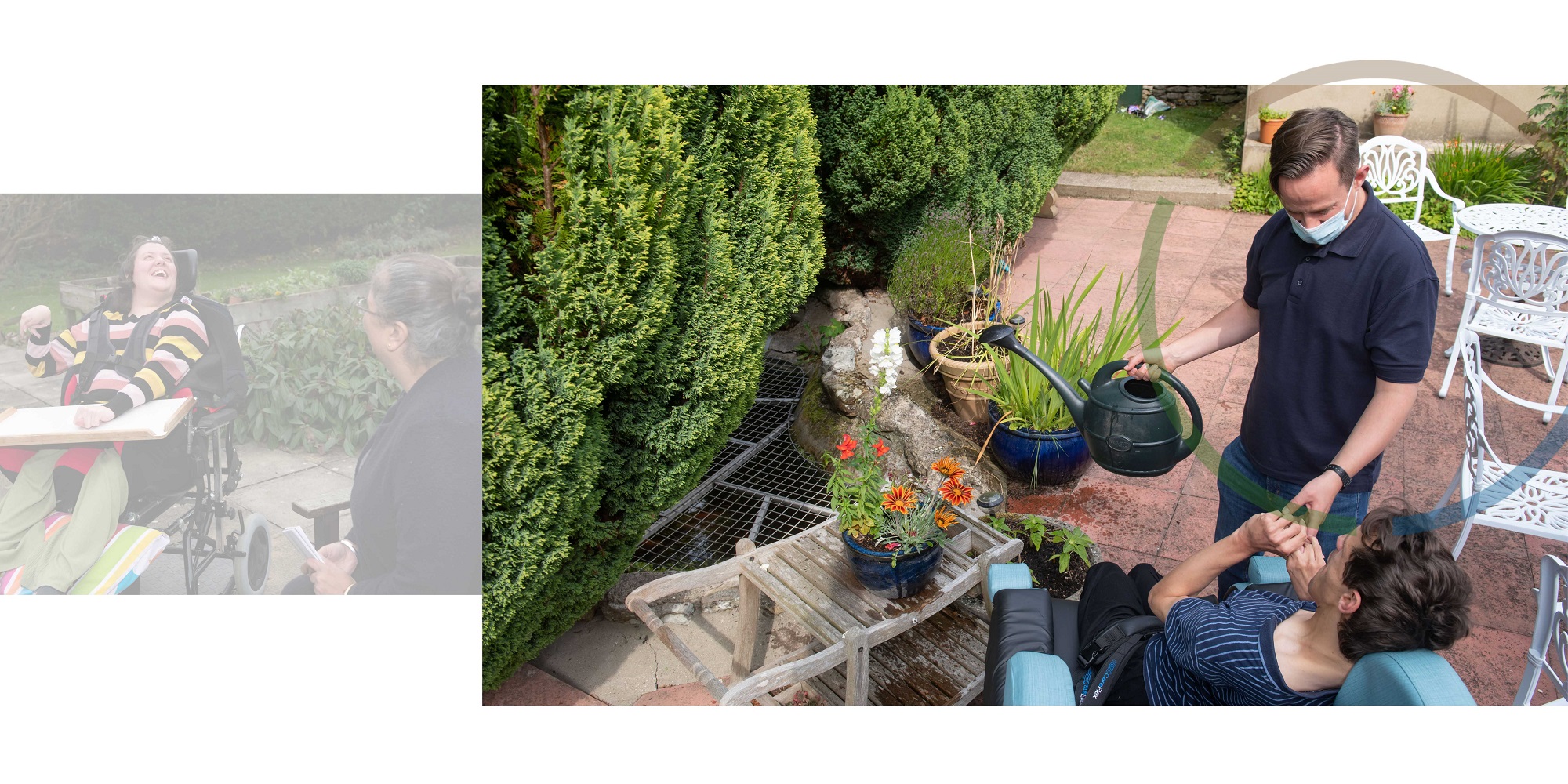Our Health and Adult Services directorate has just published its plan for the next three years which sets out three goals:
1) Opportunities for everyone, everywhere.
This means:
- reducing inequalities across North Yorkshire
- staying well and healthy
- protect the health of North Yorkshire’s residents
- improving mental health and wellbeing
2) My time and experiences are valued.
This means:
- respecting people’s time
- listening to people’s experiences
- embracing technology together
- a life outside of caring
3) My home, my community, my choice.
This includes:
- opportunities within my community
- outstanding services
Our total gross expenditure for 2024.25 in adult social care is £394m with a further £24million invested in Public Health. We employ nearly 2,000 people within the council and 20,000 across the care sector to deliver vital prevention and care services.
Most of us live and work in the county. Colleagues really know our many and varied communities and what makes them tick. There is a very strong ethos of Team North Yorkshire.
Like every other community and council, North Yorkshire faces challenges around social care. In the past year, fierce labour market competition has seen a contraction in the care workforce across the 500 provider organisations working within the county. However, we are probably as well-placed as most councils post Covid-19 to tackle the challenges ahead and to be able to build on what works well. Leading and working in social care is like painting the Forth Bridge: you have to keep working at it. That is why we have:
- invested in supporting the care sector, both before and during the pandemic
- expanded our hands-on quality improvement team to help care providers when they have a problem - we now make this service a pilot across the council and the NHS
- agreed on a cost of care exercise for residential and nursing care and started a similar exercise for home care
We have a good partnership with the Independent Care Group, which represents most care providers in the county and we have a weekly care connected webinar for communications, training and shared learning across the sector.
We have developed our practice and professional leadership alongside frontline teams and continued our longstanding commitment to confident and consistent practice, including through learning and audit. At the same time, Members have supported a multi-million-pound investment package in frontline roles and regional TV, radio and social media advertising campaign for care workers and called for a National Review of their pay and status.
We have recruited recently to new Social Worker posts, supporting our frontline teams and are welcoming 23 Social Workers who have joined us from South Africa and Zimbabwe as part of their career development. Our practice framework has been published recently and we hold an annual Festival of Practice as well as practice support meetings and continuous professional development events throughout the year.
These measures and more, build on our track record over the last decade and longer, in investing in extra care and supported housing and in prevention services. We now have 28 extra care housing schemes, providing over 1400 apartments to rent or buy, in towns and villages across the county. Some of these schemes provide specialist dementia care and NHS step-up/step-down services and some include other local services such as libraries, post offices and cafes. Our Stronger Communities programme - funded primarily through Public Health Grant - supports universal prevention and community infrastructure and our Living Well programme employs over 40 coordinators working to prevent, reduce and delay the need for people to use long-term social care or NHS services. More recently, a partnership with Scarborough Borough Council and Tees, Esk and Wear Valleys NHS Foundation Trust has created an innovative new housing project, REACH, working with people with complex life circumstances around homelessness, mental health and drug and alcohol use.
We are working hard to strengthen how we work in a co-produced way with our residents as a whole and, in particular, with people who use services. There are some great examples of work led by people with lived experience. During the pandemic, the Keeping In Touch working group, which was created following concerns raised by a young disabled man living in a care home, shaped our safer visiting and trips out approach. Self-advocates provided support and advice to people who were shielding. All of this work has built on a network of well-established forums and voice networks and we are looking to support representation and lived experience leadership further in the coming years.
The North Yorkshire Safeguarding Adults Board, Healthwatch North Yorkshire and our mutually proactive relationship with the Care Quality Commission play a significant contribution in prioritising quality, safety and lived experience.
Our work with the NHS, embraces two Integrated Care Systems, seven main NHS Foundation Trusts and 16 Primary Care Networks comprising more than 70 GP practices and, during the pandemic in particular, we have forged stronger and closer relationships. Our re-designed hospital discharge pathway was up and running within ten days during March 2020 and is now the cornerstone of work we are undertaking to develop an intermediate care model for the county. Joint working with the NHS enabled us to get Covid test kits when they were hard to find to achieve high vaccination levels and to keep the system flowing. We created safer discharge beds ahead of the national Designated Beds scheme. We have created an integrated community health and social care service in the Harrogate area - Harrogate and Rural Alliance - which brings together more than 200 staff and £50m of direct spend, with plans to develop further. Some of our extra care schemes provide NHS step-down services. And our Living Well service is the social prescriber for a third of primary care networks. Whilst the whole system faces real pressures, there is a collective will to work together to solve problems and plan for the future.
Likewise, we have developed some very positive working relationships with our colleagues in the seven former boroughs and districts. The new unitary council for North Yorkshire was formed in April 2023 and in 2024 we saw the creation of York and North Yorkshire Combined Authority headed up by an elected mayor. Even in advance of local government reorganisation, we have been working together closely. The 28 extra care schemes and other housing initiatives are tantamount to that.
Public Health is a cornerstone of our Health and Adult Services directorate. Our new Director of Public Health was previously the council’s Assistant Director for Health and Integration and we very much see ourselves as a health and wellbeing directorate, with both universal and targeted responsibilities, in line with both Public Health policy and legislation and the Care Act. The Prevention and Service Development Team spans both Adult Social Care and Public Health and includes colleagues who play a leading role in both services. Likewise, the comprehensive approach to care settings support during the pandemic is being developed further, cementing a multi-disciplinary approach between Public Health specialists, Adult Social Care, the NHS and care providers.
And within the wider council, we are conscious that Adult Social Care, as nearly 34 per cent of the organisation’s budget, is a high-cost, high volume and, potentially, high-risk service and so our entire approach is about working corporately to manage both the opportunities and the risk. Our central Finance, Human Resources / Workforce Development and Technology colleagues are integral to what we do and, in return, the directorate endeavours to contribute more broadly to the whole council agenda. In recent years, we have also made good progress in working with Children and Young People’s Services colleagues on transition issues and shared approaches to practice and to working with the NHS. If you are part of the team, you will be able – and expected - to contribute within the service, throughout the directorate and across the council and the wider community and system.
In particular, we see joint working with housing, leisure services, cultural services and libraries, regeneration and community/locality teams as central to achieving our ambitions for improving health and wellbeing.
The council’s 90 Members and Chief Executive have a keen interest in older and disabled people, mental health and informal carers. And they provide robust challenge and accountability to the directorate, as being willing to invest in, and support, adult social care.
Beyond North Yorkshire, we play an active role in regional and national networks including the Association of Directors of Adult Social Services, the Association of Director of Public Health and the councils network.
All of these qualities, stand us in good stead as we work to address the challenges which social care faces - and as we prepare for major reforms to the social care system in England.
Please visit our social care for adult’s pages for more information about adult social care in North Yorkshire.
